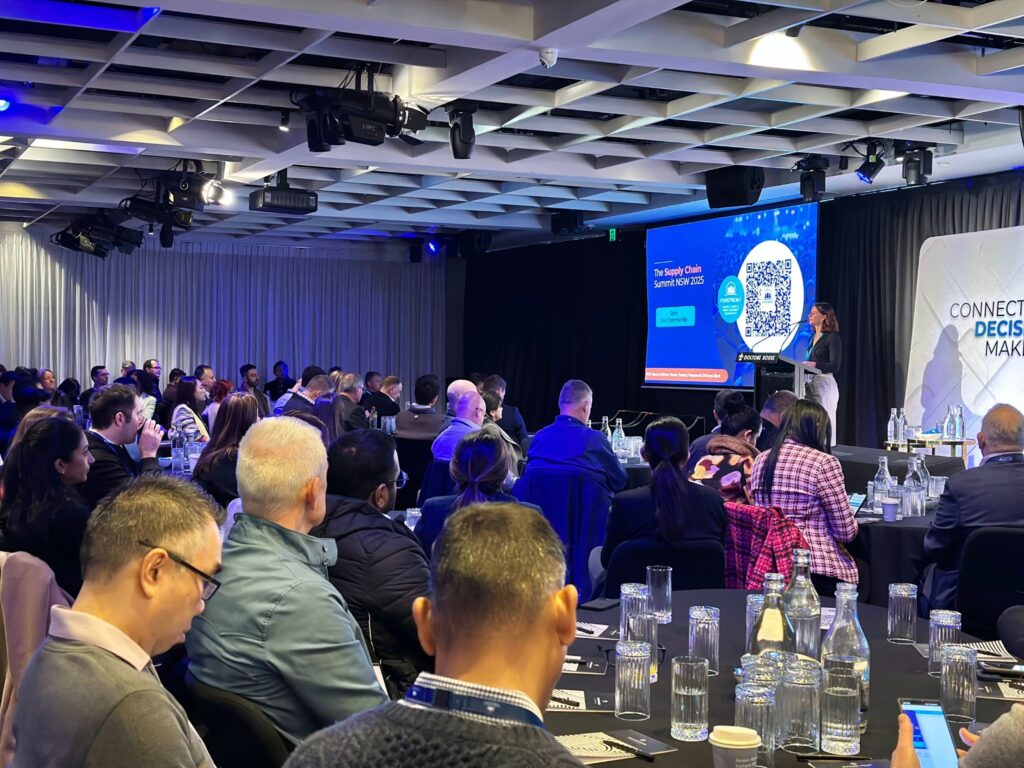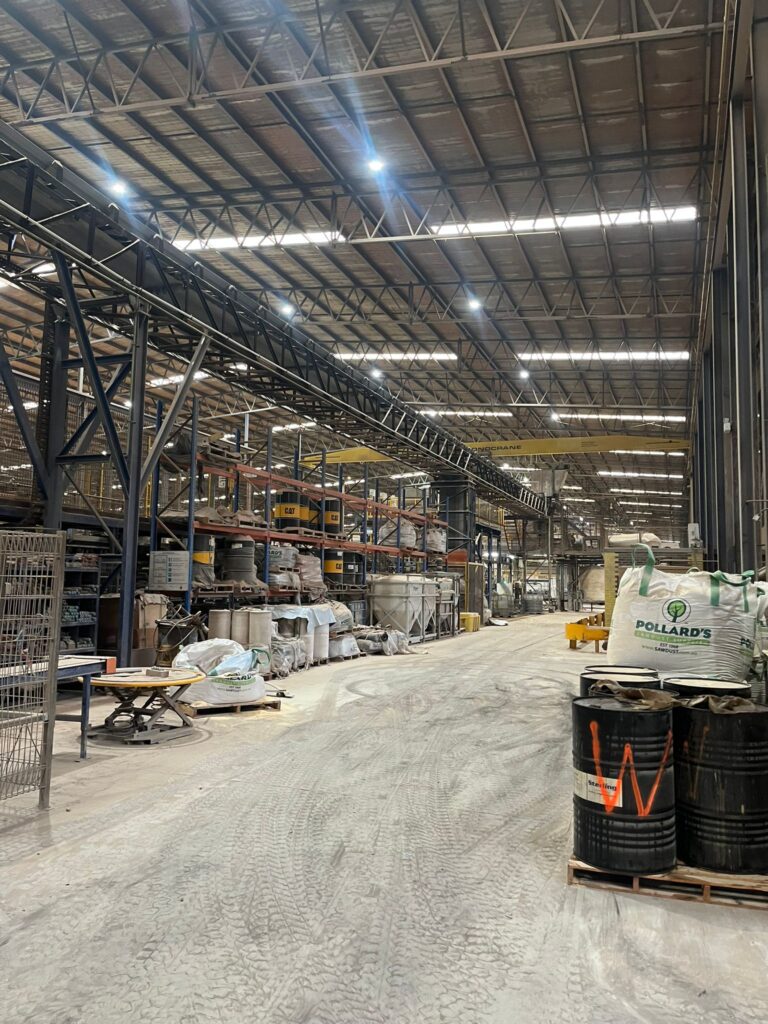As I noted in my last article, a skilled workforce is vital for productivity growth. If we want to have a great place to live, bring up families and enjoy the best economy that both New Zealand can offer, then we must have great people with the right skills leading our businesses, creating value and growth.
Of course I’m not the only person who knows this; I’m regularly asked by hiring managers whether I know of a good candidate to join their company. Sometimes I can help, but more often than not, I simply don’t know enough people to fill all the vacancies in these companies.
Recent macroeconomic analysis is showing clearly that differences in education and skills explain much of the international differences in long-term growth rates.
Improvements in skills at all levels of ability seem to matter. Increases in both the proportion of top achievers and the proportion with at least a minimal level of literacy and numeracy are correlated with higher economic growth rates.
However, the current approach in industry seems to be to promote the best operator to foreperson, team leader etc. and assume they will know what to do and how to do it.
The other approach is to hire someone, under the assumption that the market is teeming with highly capable and skilled individuals. Little-to-no training and development is offered by most employers, and we have among the lowest post-secondary education participation rates in the OECD.
The data also shows that the capability of New Zealand’s first level leaders in terms of people management and skills is among the lowest in the OECD.
This is especially true in smaller organisations with less resources and capability to train and develop.
As such, the notion that the market is teeming with capability is nonsense. The capability there is typically no better than what you already have. The “stars” aren’t waiting for job adverts; they have already been offered multiple opportunities.
There are many factors involved here, one of them being the standard of our education system. It’s poignant to discuss this, as the government is taking action to address the underperformance of our students compared to international benchmarks. New Zealand’s results showed a decrease in high performers and an increase in low performers over the past 20 years in all three “core” subjects.
This was most pronounced in mathematics, where the percentage of low performers increased from 15 percent of kiwi 15-year-olds in 2003 to 29 percent in 2022 while the percentage of high performers dropped from 21 to 10 percent in the same period.
The Curriculum Insights and Progress Study (CIPS) study revealed that only 22 per cent of Year 8 students in New Zealand met the expected curriculum benchmarks for mathematics.
Prime Minister Luxon said approximately 50,000 Year 8 students did not meet the expected standards last year. He described the results as a “total system failure.”
If we don’t do the basics well, we won’t have the right foundations for the future, and in a rapidly accelerating technological world, science, maths and reading are fundamental.
This decline in New Zealand’s education has been going on for 15 years, and whilst we are still above the OECD average, we are not where we want to be.
Singapore had the highest average scores in all three subjects and it is no co-incidence they have a vibrant economy and standard of living.
Of course just educating our people is not enough, we have to give them skills in leadership, management and best practices, so they can lead teams, grow capability, develop innovative solutions to problems and improve their processes.
World class companies develop leadership capability, harness it, retain it and treat it as a strategic competitive advantage.
Many will only promote from within, forcing them to have a talent pipeline and ready now successors. Others have specific programs to drive capability and accelerate top performers. Some even have their own universities! They invest in this capability and nurture it because it has massive payback.
If we want to change the outcomes, we have to change our systems. This means ensuring all people achieve a good standard of education, and providing the pathways for people to develop all the skills and competencies they need to help NZ business achieve its potential.
Hopefully the latest initiatives by government regarding education and Te Pukenga will help in these directions, but it is also up to New Zealand’s business and educational institutions to step up.







